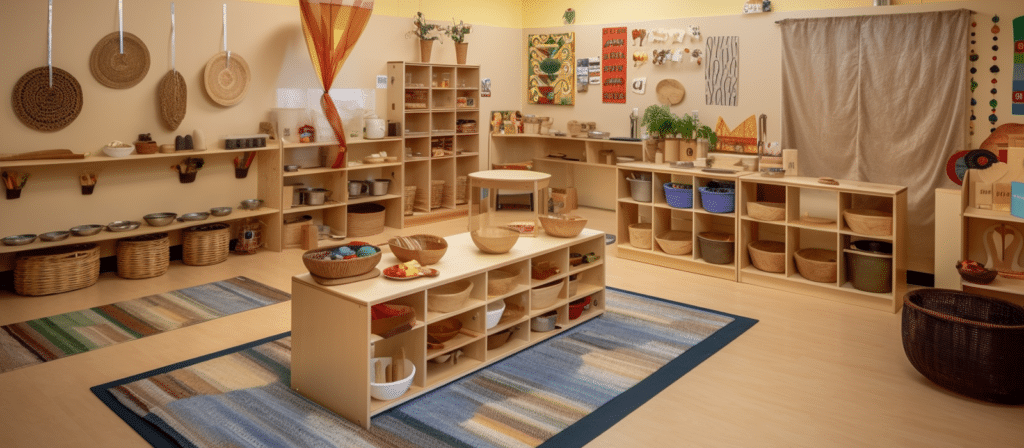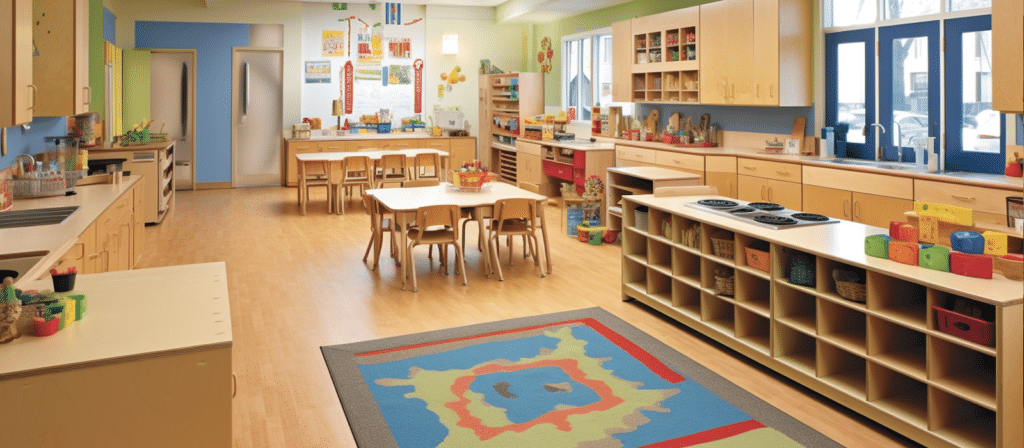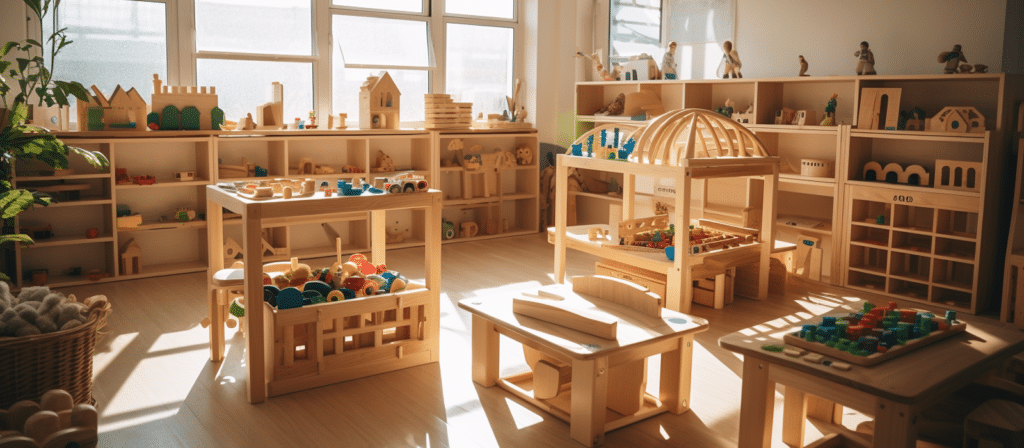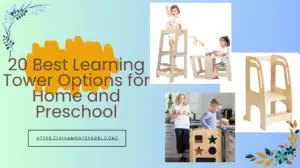Have you ever wondered how Montessori furniture can influence the development of motor skills in children? In this exploration, we’ll delve into the intriguing relationship between Montessori furniture and the enhancement of motor skills, shedding light on the vital role that purposeful design plays in a child’s physical development.
The Connection Between Montessori Furniture and Motor Skills is clear: Montessori furniture is carefully designed to promote physical activity and fine motor development in young learners. It offers children the opportunity to develop essential motor skills through practical, hands-on experiences.
What is Montessori Furniture?
Before we delve into the connection between Montessori furniture and motor skills, let’s take a moment to understand what Montessori furniture actually is. Developed by Maria Montessori, an Italian physician and educator, the Montessori method emphasizes independence, freedom within limits, and respect for a child’s natural development.
Montessori furniture is specifically designed to promote independence and facilitate a child’s physical and cognitive development. It includes child-sized tables, chairs, shelves, and other furniture pieces that are sturdy, safe, and aesthetically pleasing. These pieces are carefully crafted to allow children to be in control of their environment and engage in hands-on learning experiences.

The Link Between Montessori Furniture and Motor Skills
Now, let’s address the million-dollar question: How does Montessori furniture impact motor skills development? Well, the answer lies in the design and functionality of these furniture pieces.
Montessori furniture is intentionally designed to be child-sized, which means it perfectly fits the proportions of young children. This enables them to comfortably sit, stand, and move around without any hindrance. As children interact with the furniture, they naturally develop their gross motor skills, such as balance, coordination, and strength.
For example, a child-sized table and chair set encourages proper posture and fine motor skills development. When children sit at a table that is the right height for them, they can easily reach their materials, manipulate objects, and engage in activities that require hand-eye coordination. This promotes the development of fine motor skills, which are essential for tasks like writing, drawing, and self-care activities.
How Does Montessori Furniture Benefit Motor Skills Development?
Montessori furniture offers a range of benefits that contribute to the development of motor skills in children. Here are some ways in which it can make a difference:
- Independence: Montessori furniture is designed to be easily accessible to children, allowing them to take charge of their own learning and activities. This independence promotes the development of fine and gross motor skills as children manipulate objects, climb, and move around freely.
- Freedom of Movement: The freedom to move around and choose activities is an essential aspect of Montessori education. Child-sized furniture, such as low tables and chairs, enables children to comfortably engage in various activities, such as drawing, writing, and playing with manipulative toys. This freedom of movement encourages the development of both fine and gross motor skills.
- Natural Body Movements: Montessori furniture is designed to support the natural movements of a child’s body. For example, low tables and chairs allow children to sit on the floor, cross their legs, and maintain proper posture. These natural body movements enhance core strength, balance, and coordination.
- Promoting Hand-Eye Coordination: Many Montessori activities involve the use of manipulative materials, such as puzzles, blocks, and threading beads. By engaging in these activities on child-sized furniture, children can develop their hand-eye coordination, fine motor skills, and concentration.
- Encouraging Active Play: Montessori furniture encourages children to engage in active play, which involves movements that build strength, coordination, and balance. Climbing on low platforms, crawling through tunnels, or using a balance board all contribute to the development of gross motor skills.
- Promoting Sensory Exploration: Montessori furniture often incorporates elements that stimulate the senses, such as textured surfaces, natural materials, and open-ended play objects. These sensory experiences encourage children to explore and manipulate their environment, further enhancing their motor skills development.
- Supporting Concentration and Focus: Montessori furniture is designed to minimize distractions and create a calm, organized learning environment. By providing children with a dedicated space for their activities, they can focus and concentrate on developing their motor skills without unnecessary interruptions.

Research on Montessori Furniture and Motor Skills
Now, you might be wondering if there is any scientific evidence to support the connection between Montessori furniture and motor skills development. While there is limited research specifically focused on Montessori furniture, studies on the Montessori method as a whole provide valuable insights.
A study published in the journal “Frontiers in Psychology” found that children in Montessori classrooms showed better performance in overall motor skills compared to those in traditional classrooms. The study attributed this improvement to the child-centered approach and the use of child-sized furniture, which promotes movement, exploration, and independent learning.
While more research is needed to explore the specific impact of Montessori furniture on motor skills development, the existing studies suggest a strong correlation between the two.
Conclusion
In conclusion, Montessori furniture plays a crucial role in the development of motor skills in young children. Its child-sized design, emphasis on independence, and focus on hands-on learning create an environment that encourages the natural progression of gross and fine motor skills.














